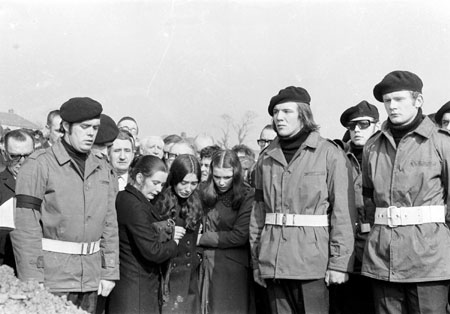This and subsequent posts DV overtime on the blog will contain the notes which were handed out on each occasion.
An audio recording of this study can be listened to on the Church's SermonAudio page - click here
CHAPTER I - Of the Holy Scripture - Section III. The books commonly called Apocrypha, not being of divine inspiration, are no part of the canon of the Scripture; and therefore are of no authority in the Church of God, nor to be any otherwise approved, or made use of, than other human writings.
We are continuing to consider the evidence that supports the statement in the W.C.F. that the Scriptures have been given by 'inspiration'. We believe in the plenary [all], verbal [referring to the actual words] inspiration of the original Scriptures.
Points already considered
1. The Scriptures themselves claim so, 2 Tim 3:16,17. All of Scripture, the historical as well as the moral, the prophetical as well as doctrinal, are verbally inspired.
2. There must be more than enlargement of the understanding and conception in inspiration since a great many of the things were such as could not have entered into the hearts of men or angels, had they not been revealed to the mind by the Holy Spirit.
New material
3. Inspiration must extend to the words as well as the concepts, for how could the sacred writers, who like all others were accustomed to thinking in words, have the ideas suggested to their own minds except in words? How could they have written intelligibly about future events with which they could have has no previous acquaintance and on doctrinal subjects, far above their comprehension, had not the language as well as the subject matter been furnished to them by divine suggestion? Take note of 1 Cor 2:13: Which things also we speak, not in the words which man’s wisdom teacheth, but which the Holy Ghost teacheth; comparing spiritual things with spiritual. Paul here refers to the words he has used to teach being given by the Holy Ghost. This is verbal inspiration.





